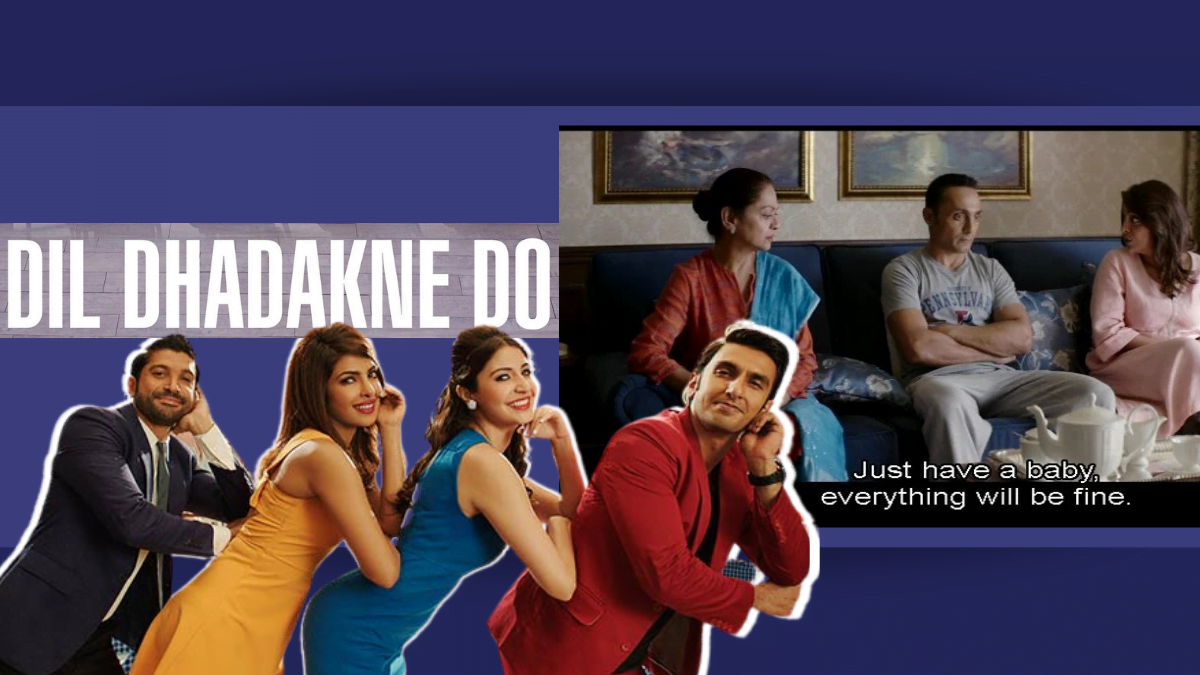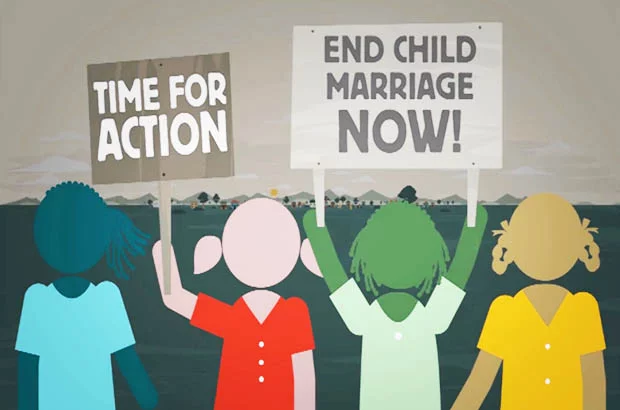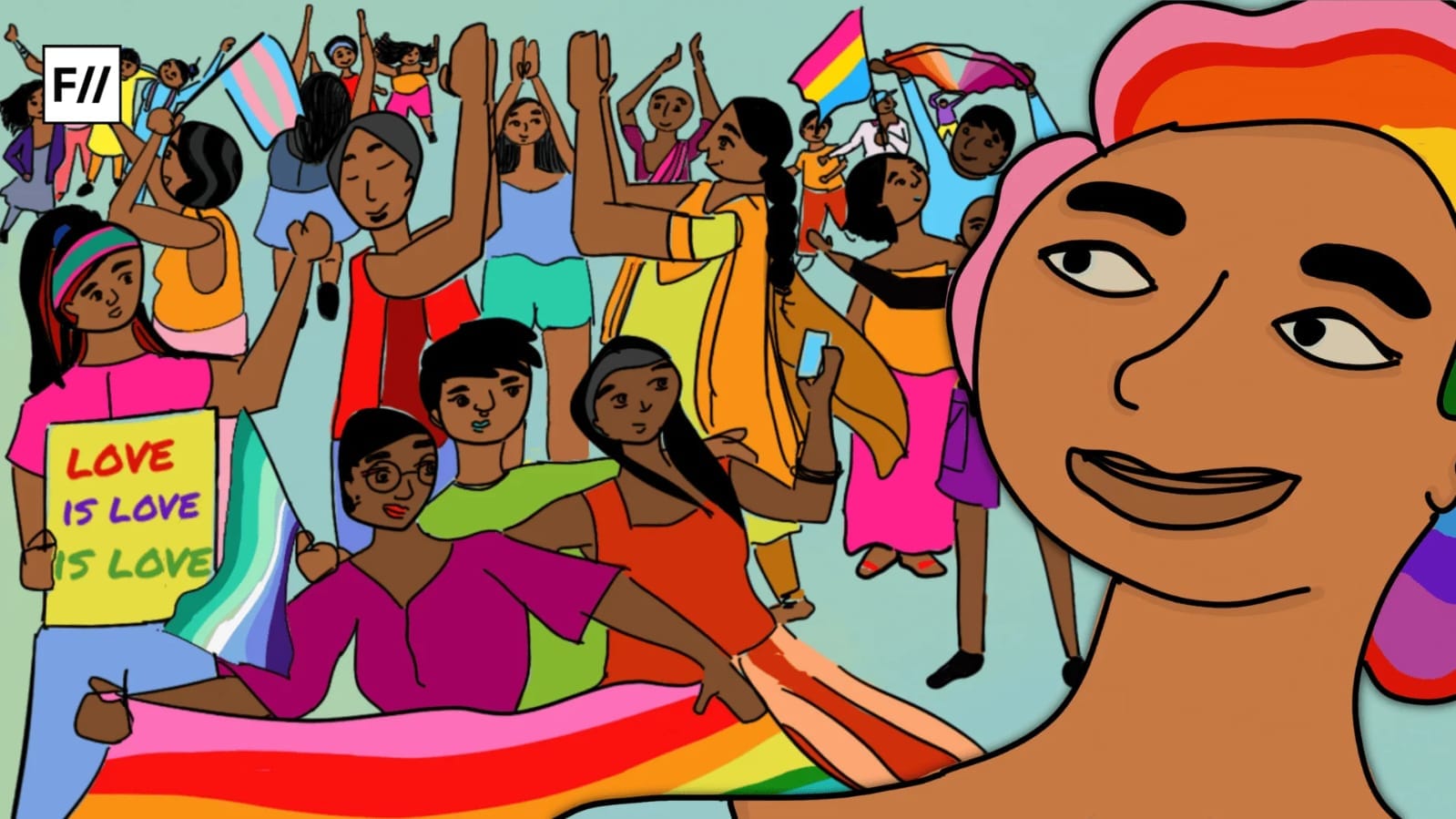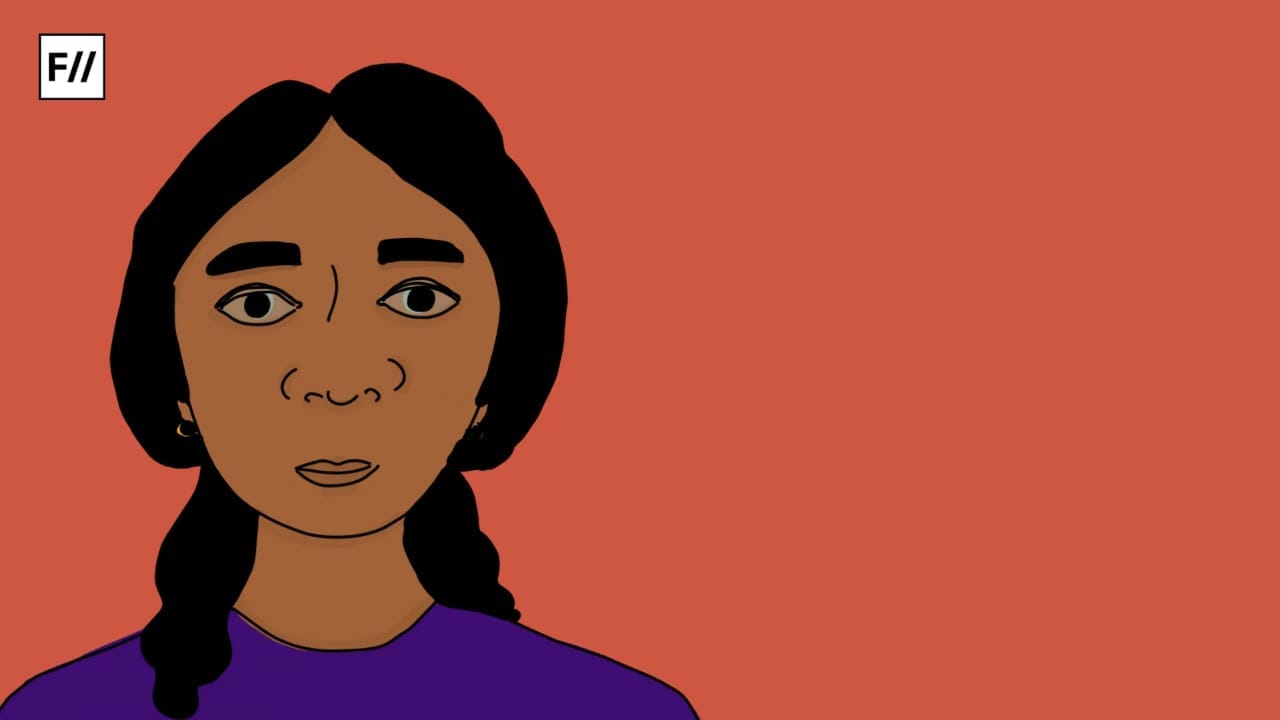Editor’s Note: This month, that is October 2020, FII’s #MoodOfTheMonth is Childhood and Relationship With Parents and Family,where we invite various articles to highlight the different experiences that we all have experienced in some form or the other in our birth or chosen families and have been negotiating with them everyday. If you’d like to share your article, email us at pragya@feminisminindia.com.
Being a child in an Indian family can be arduous. Large and noisy, with parents, aunts and uncles, cousins, helmed by overly affectionate grandparents—it’s often difficult to just let the “dil dhadakne do.” Any Bollywood buff would know the endless list of films that explore the dysfunctional family, strained parent-child relationship or even successful ones. It’s just that Bollywood is as obsessed with the idea of the ‘family’ as the Indian community itself.
Wake up Sid, Do Dooni Chaar, Piku, Queen, English Vinglish, Baghban, Dear Zindagi, We are Family, Tara Rum Pum; and my entire article could just be listing films tugging at threads of familial bonds. Zoya Akhtar’s Dil Dhadakne Do is one such modern rendition, that shows several nuances of the elite and fractured Mehra family. It uncovers how one needn’t always be “on top of the world” and that families aren’t all about “gallan goodiyaan”.
The Mehras are a standard nuclear family—parents, sister and brother, played by Shefali Shetty, Anil Kapoor, Priyanka Chopra Jonas and Ranveer Singh respectively. We (literally) voyage through ruptured relationships, extra-marital affairs, planning plotting, secrets, divorces, inter-family rivalries, fiery confrontations, and a reunion at the end.
Any Bollywood buff would know the endless list of films that explore the dysfunctional family, strained parent-child relationship or even successful ones. It’s just that Bollywood is as obsessed with the idea of the ‘family’ as the Indian community itself.
They go from “family mein sab upar upar se baat karte hain, asli baat toh koi karta hi nahi hai ek doosre se” (everyone in the family talks about everything superficially, and never address the real deal amongst each other) to be each other’s life boat, both literally and metaphorically.
The film tells us what to do, by showing what not to. It is set around Kamal and Neelam’s 30th wedding anniversary, and bad parenting is evident right from when the invitation card is sent, for the same. Despite planning the entire cruise celebration, Ayesha’s name is omitted and only Kabir is mentioned. This takes place because “beti toh paraya dhan hoti hai na” (daughters are someone else’s wealth). This kicks in due to the tradition of our nation, that after marriage the daughter belongs to another family or household. No matter how many weddings the son does, he’s always our “own” isn’t he?
When Kabir addresses Ayesha’s displeasure about the same, Kamal retorts with the politics of economics at play. He says that if they’d put Ayesha’s name, they’d have to add Manav’s (her husband) and that would make it appear as if he’s paying for the cruise. And well, how can one take a bruise to their ego right? The patriarch has to hold the reins and leave no room for confusion or gossip (ironic to the play of events in the film).
While parents are supposed to set a good example, it does not mean blindly following what has been going on. Kamal says that this family has never seen a divorce, and never shall—just to keep their image untarnished. They try hard to ‘seem’ like a perfect family, alas being like a broken vase holding together with superglue while the cracks remain visible.
This concept of “paraya” is echoed later in the film when Ayesha blurts out about divorce. Kamal says, “Don’t think you can come back to us. This is not your home anymore.” This was deeply disturbing to listen to, both, as a woman and a daughter. But it is this exact sentiment that Akhtar aimed at arousing due to the poignance of the moment. Neelam goes on to say, “Why are you doing this to us?” This completely robs Ayesha off of her individuality and makes a personal issue, one about the family and how it impacts their ‘image’ in society.
While parents are supposed to set a good example, it does not mean blindly following what has been going on. Kamal says that this family has never seen a divorce, and never shall—just to keep their image untarnished. They try hard to ‘seem’ like a perfect family, alas being like a broken vase holding together with superglue while the cracks remain visible. Well everything in the film revolves around image and the “log kya kahenge” (what people will say) syndrome. They brush off their issues under the carpet, for example when Kabir tries bringing up an issue but Neelam shoves his face with questions about cheese toast or Hot Chocolate Fudge from Nirulas.
Another common trope Akhtar highlights, is the parents’ fixation with “bacha karlo” (have a child) as the ultimate aim of marriage, or the solution to prevent it from falling apart. Neelam is far from being an ideal mother figure as she literally eats her feelings away (when she hogs onto cake in solitude in the bathroom). When Ayesha brings up her father’s extra marital affairs, Neelam shrugs at the absurdity of her questions. Clearly, what’s absurd is this putting on a show and pretending as if everything were okay. This also stems from an obsession of Indian parents to seem ‘perfect’ in front of their kids, as if they were completely unblemished.
Another common trope Akhtar highlights, is the parents’ fixation with “bacha karlo” (have a child) as the ultimate aim of marriage, or the solution to prevent it from falling apart. Neelam is far from being an ideal mother figure as she literally eats her feelings away (when she hogs onto cake in solitude in the bathroom).
But parents too, can be wrong and it’s high time they embrace the fact that they too are humans—permitted to make mistakes and learn from them. While Neelam imparts an important lesson of not throwing in the towel when things get tough; she does so in denial of reality and by putting up a veil. What she rather needs to do is address the elephant in the room and then chart her way forward—now that’s good parenting advice isn’t it?
Also read: Parents Are Humans Too—Flawed, Imperfect And Still Learning
The materialistic hue of the Mehras needs to be lauded. From a ploy of marrying kids for financial gain to bribing them with aeroplanes into scheming for a business merger on the pretence of marriage, the film has it all. Neelam even tells Ayesha not to squabble much with her husband because he’s doing well for himself and wouldn’t let her fall short on any(thing); to which she says that it would’ve been better off had she been married to a mall (haha).
Ayesha is smarter and certainly has the business gene but is denied the right to inherit the family company. Now, while parents are supposed to be proud of the smallest of achievements of their kids, the Mehras turn a blind eye towards her. They throw sarcastic blows at her like “company zara kya chal gayi, kaam ka bhoot sar par chadh gaya hai?” (the company succeeds a little and now all you can think of is work). By using “zara”, they belittle her success and the efforts she has put in, to make the company what it is.
This also bears a tinge of the expectation that the primary job for a woman after marriage is her husband and his well-being, and everything else is secondary. Aren’t parents supposed to make us learn from their errs and not let us fall down the same rabbit hole? Neelam is trapped in a marriage where she is first Kamal’s wife and then Neelam, but instead of changing tracks for Ayesha, she propagates the same.
Another parental trap laid out is how Indian parents fanatically cover up their kid’s mistake(s). When Kabir was unprepared for a business presentation, Kamal quickly turned the matter on its head, preventing Kabir from embarrassment. Isn’t it high time parents stopped putting on this front of how exemplary their children are in front of others, while giving them a bashing when alone? It’s a classic case of “haathi ke daant khaane ke aur dikhaane ke aur” and carries forward the fixation with appearances and image in society.
Well everything isn’t all grim and about bad parenting. Like any other Bollywood film, the ending has to be all rosy and this film was no exception. Kamal finally stood up to Manav by pinning him to a wall and saying, “If you raise even a finger at my daughter, I’ll rip your arm out.” Melodramatic much? Welcome to Bollywood. The point it’s making at the end is that everyone stood up for one another. Kabir for Ayesha, to his parents. Kamal to Neelam when he asks for forgiveness. The family for Kabir when he jumps off (literally) to win back his love.
Parents accept their kids for who they are, and stop forcing them to lead a hollow life, by doing so themselves. They let them follow their heart and “dil dhadakne do” happens. Though occuring in fast forward and unrealistically resolving issues much like Bollywood is used to, this sea change (pun intended) in characters, their worlds and outlooks is noteworthy.
This three-hour-long journey that Akhtar takes us on, gives us an insight on how relationships are the most complicated things created by humankind—especially the knotty ones like parent-child. Keeping in mind how the Indian society operates and how that has a major role to play in these relationships, the film balances on the tightrope of being a comical entertainer about a plethora of social issues.
So, how does one deal with inevitable issues with family and the awkwardness that comes along with it? Well, as the film showed, you jump out of the ship, and in Farah Ali’s (Anushka Sharma) words, “then you sink or swim, baby.”
Also read: Beyond Generation Gap: What Do Parents Think Of Anti CAA Protests?
You might want to watch this one with parents and laugh at certain things; and then watch it again without them—to laugh at the ones you left out!
About the author(s)
Vedika Gupta studied literature and media at Ashoka University. A national level tennis player, an Air Force aspirant, an avid writer, she’d probably have dipped her toes in new waters when you meet her. Her experimenting in cooking varies from parathas to pasta and everything in between. She can do an 80kg deadlift, but won’t bear the weight of patriarchy and sexism. She can be found on Facebook, LinkedIn, Twitter and Instagram.




